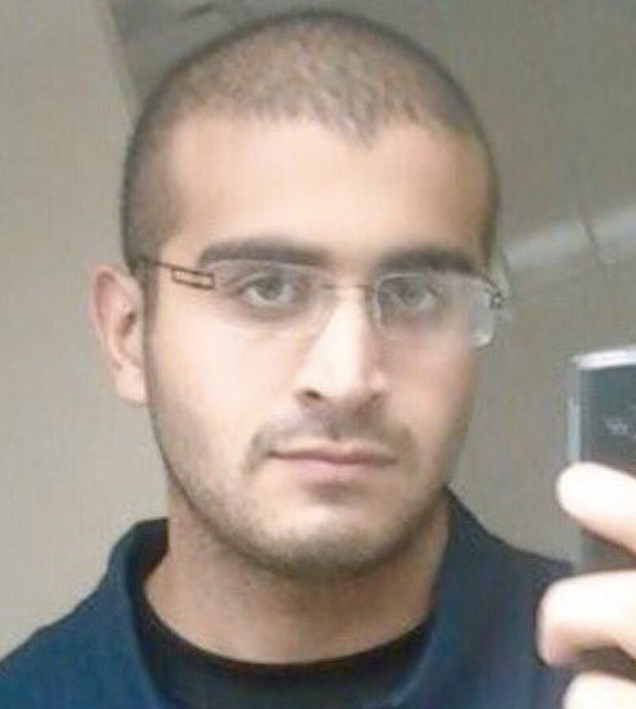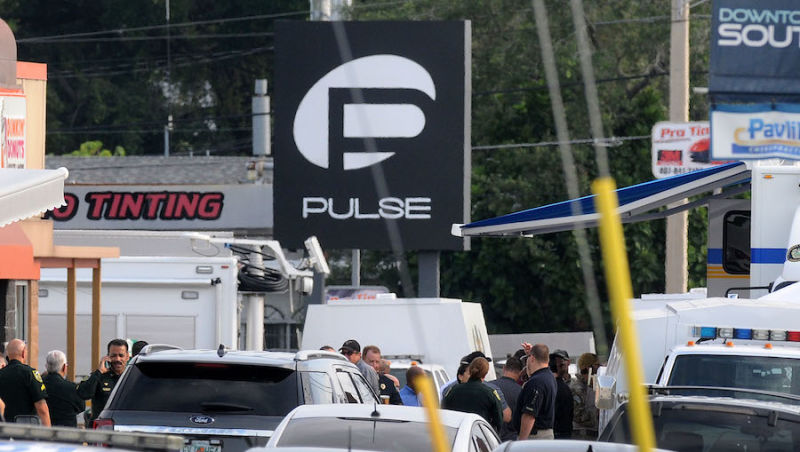Orlando mass shooting: rules for donating blood

Some
campaigners and researchers have challenged current US guidelines on
donation that preclude gay men from giving blood unless they have been
celibate for a whole year, following Orlando shootings by Omar Mateen on Sunday.
They say that the one-year celibacy rule – unveiled by the US Food and Drug Administration in December
when it rescinded a 32-year ban on all donations from gay men – is too
draconian because blood tests now reveal within days of infection
whether a person’s blood contains HIV.
“The revised policy is still discriminatory,” says the National Gay Blood Drive
in a statement, a group campaigning for relaxation of the FDA
guidelines. “While gay and bisexual men will be eligible to donate their
blood and help save lives under this 12-month deferral, countless more
will continue to be banned solely on the basis of their sexual
orientation, and without medical or scientific reasoning.” It added that
it favours a system where each donor is assessed individually.
The issue was raised in Orlando following confusion over whether
local blood banks had relaxed the rules to allow more desperately-needed
blood to be collected to treat the many wounded. But the centre
concerned, called OneBlood, later issued a statement denying this.
In the wake of the atrocity, prominent researchers have also weighed
in to challenge the legitimacy of the one-year rule. Paul Volberding,
director of the AIDS Research Institute at the University of California,
San Francisco, said that the policies around blood donation are
outdated.
“Current HIV blood tests are incredibly sensitive and accurate.
Infection can be detected within days of exposure making the current US
FDA requirement of a 12 month gap from last sexual act to donation
meaningless,” he says. He believes that a gap of just a few weeks at
most followed by a test would make donations from men who have sex with
men fully safe.
“And if in place, such a policy would have allowed donations in
Orlando for those wanting to do something for the victims, many of whom
almost certainly required massive transfusions,” says Volberding. “And
with shortages of blood, common policies aligned with science could
enable thousand now barred from donation to engage in this expression of
social responsibility.”
A study two years ago
by the Williams Institute, a think tank at the University of
California, Los Angeles, estimated that if more gay men were allowed to
give blood, the US national supply would grow by between 2 and 4 per
cent.
Guidelines similar to the FDA’s – requiring at least a year of
celibacy – also apply to gay men who donate in Australia and the UK,
where a review of the ruling is currently under way.
Source: NS
























